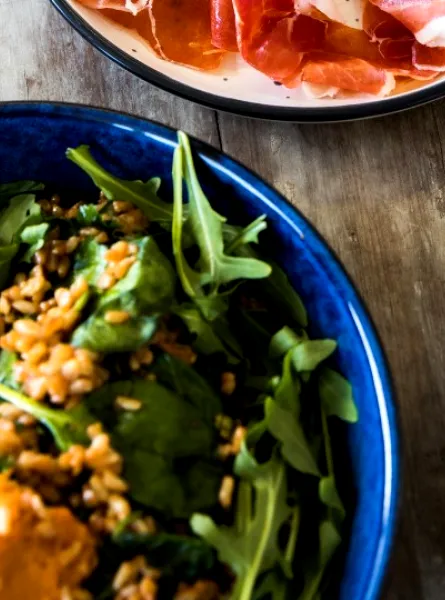
Every year, new dietary trends emerge, with some being less advisable while others bring positive changes. Considering the remarkable impact of 2020, it is certain to influence the food trends of 2021. Here's a glimpse of my positive predictions for the year ahead.
1. Embracing Local Food
The pandemic and confinement have highlighted the importance of consuming local products. People have rediscovered the wonders of Quebec, whether by exploring our regions, supporting initiatives like "Le Panier Bleu," choosing local foods, or patronizing local restaurants.
To support local producers, there are several options available. For instance, selecting Quebec-produced foods at grocery stores, sourcing directly from farmers' markets in the summer, or subscribing to organic vegetable boxes throughout the year.
Eating local also means embracing seasonal eating, contributing to the local economy, discovering the wonders grown on our territory, and making a positive impact on the environment (1).
2. Cooking More Often!
Last spring, many individuals had the opportunity to discover or develop their culinary skills. We witnessed various trends on social media, such as baking homemade bread, bagels, or banana bread. Here's an easy homemade bagel recipe!
I believe our society has realized that cooking is accessible to everyone; it just requires taking the time. Therefore, in 2021, I anticipate this habit to continue. I am confident that more people will find themselves behind the stove, preparing delicious meals or snacks for the week.
Furthermore, cooking regularly comes with numerous advantages. It reduces the consumption of ultra-processed foods, allows for control over the quality of the ingredients in our meals, enhances culinary skills, and more (2).
3. Opting for Less Processed Foods
In 2015, Canadians consumed nearly half of their calories from ultra-processed foods (3). The issue is that these foods often contain excessive additives, salt, and/or added sugars, among other things.
The solution? Cooking! By preparing more of our own meals and snacks, we can nourish ourselves with minimally processed foods. I have the impression that in 2021, there will be increased attention towards the level of food processing. I hope to see our plates filled with fruits, vegetables, whole grains, legumes, and other minimally processed foods!
On the other hand, I believe the industry is making efforts in this direction. I already see grocery store shelves featuring processed foods with reduced additives or added sugars. While it may not fully replace homemade meals, it is a step in the right direction. What are your thoughts on this?
References:
(1) Équiterre. (n.d.). Why Eat Local. Retrieved from https://www.equiterre.org/en/solution/why-eat-local .
(2) Government of Canada. (2019). Canada's Food Guide: Cook More Often. Retrieved from https://food-guide.canada.ca/en/healthy-eating-recommendations/cook-more-often/ .
(3) Heart and Stroke Foundation of Canada. (n.d.). What is ultra-processed food and how can you eat less of it?. Retrieved from https://www.heartandstroke.ca/articles/what-is-ultra-processed-food





